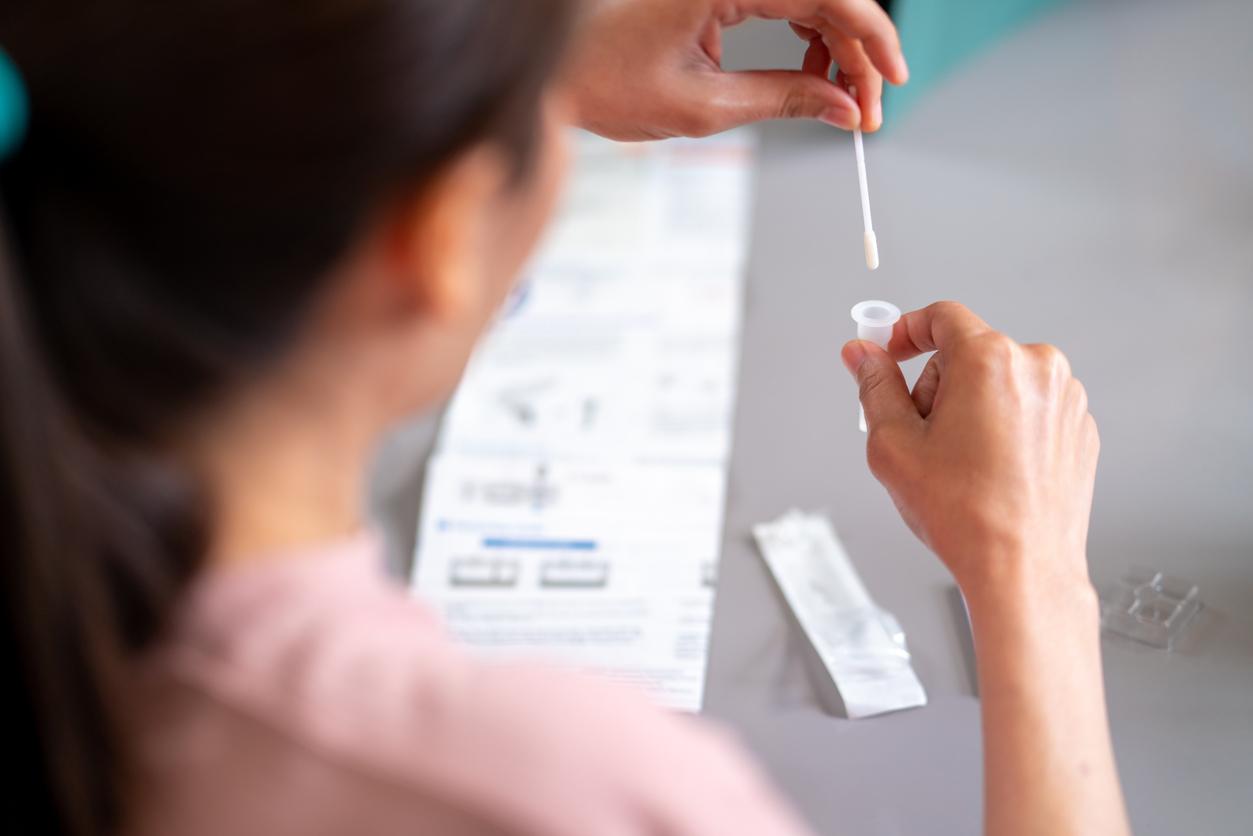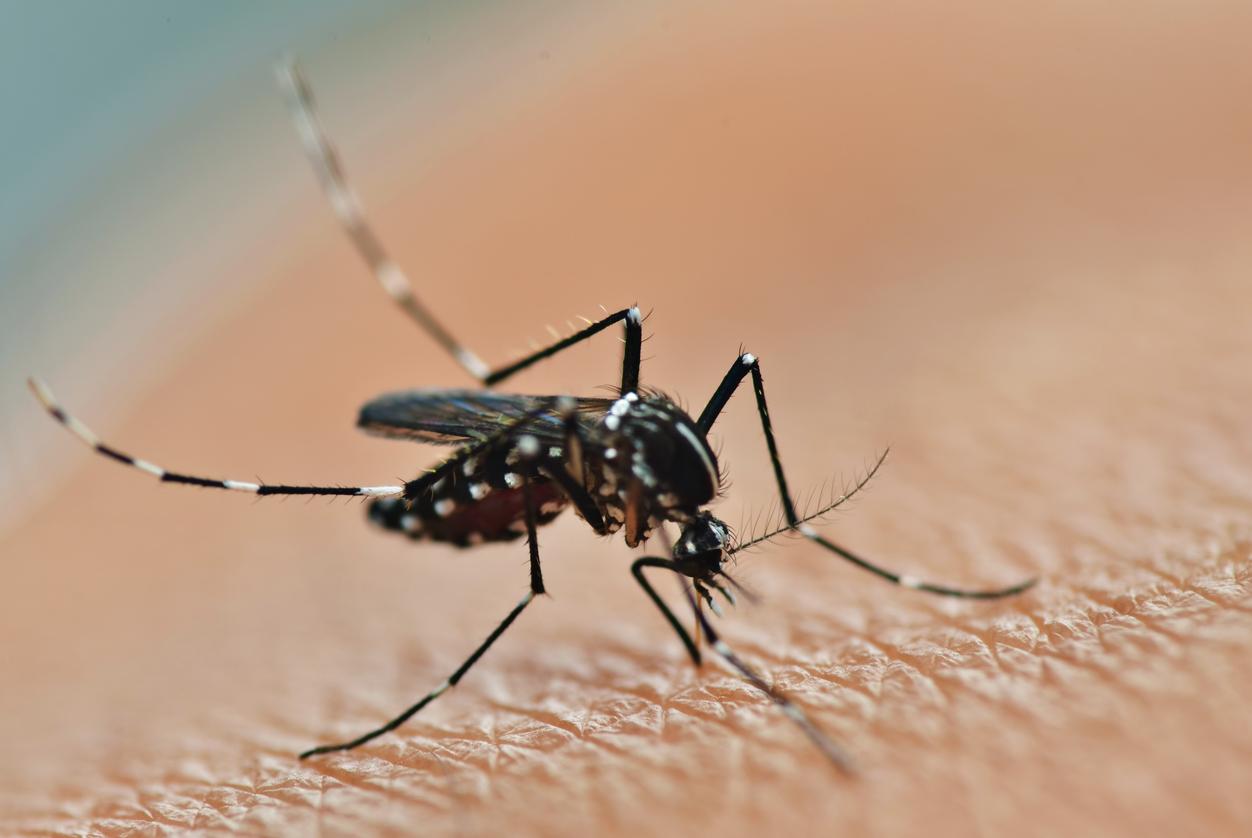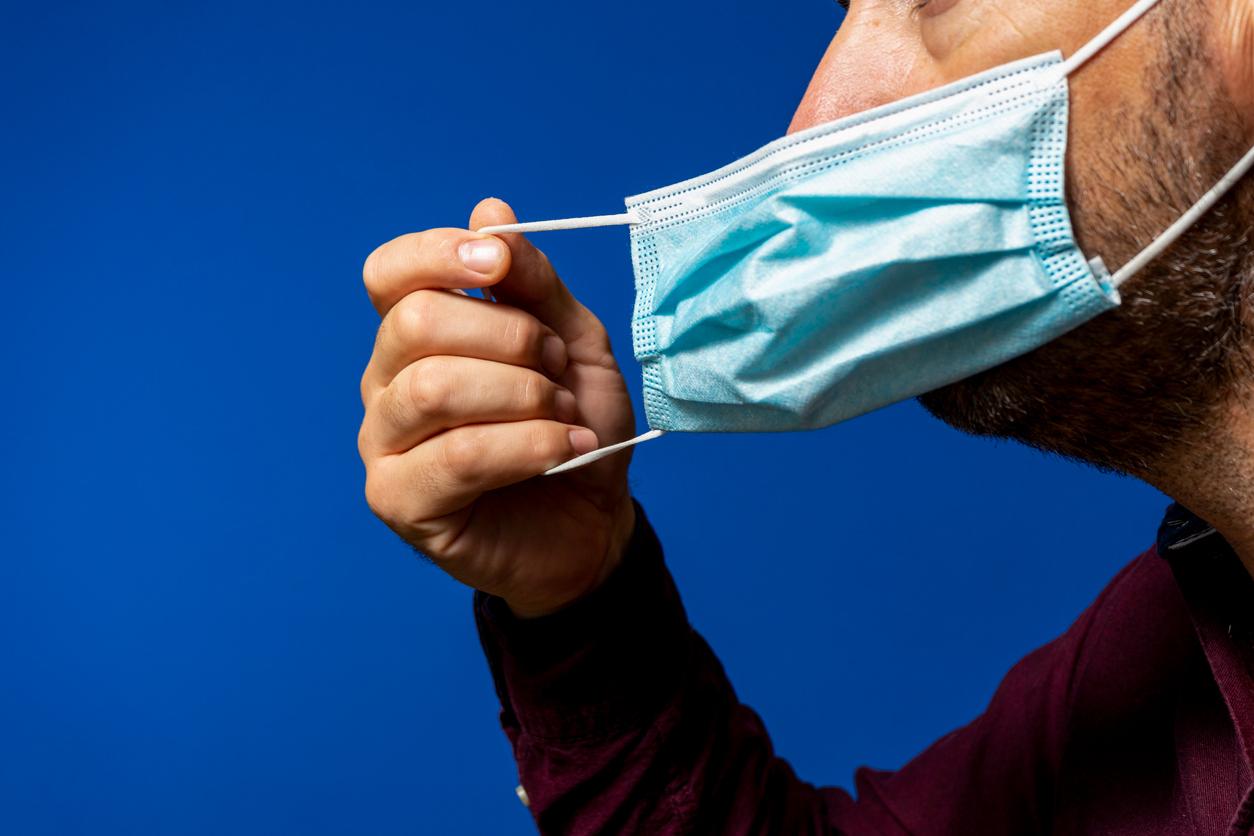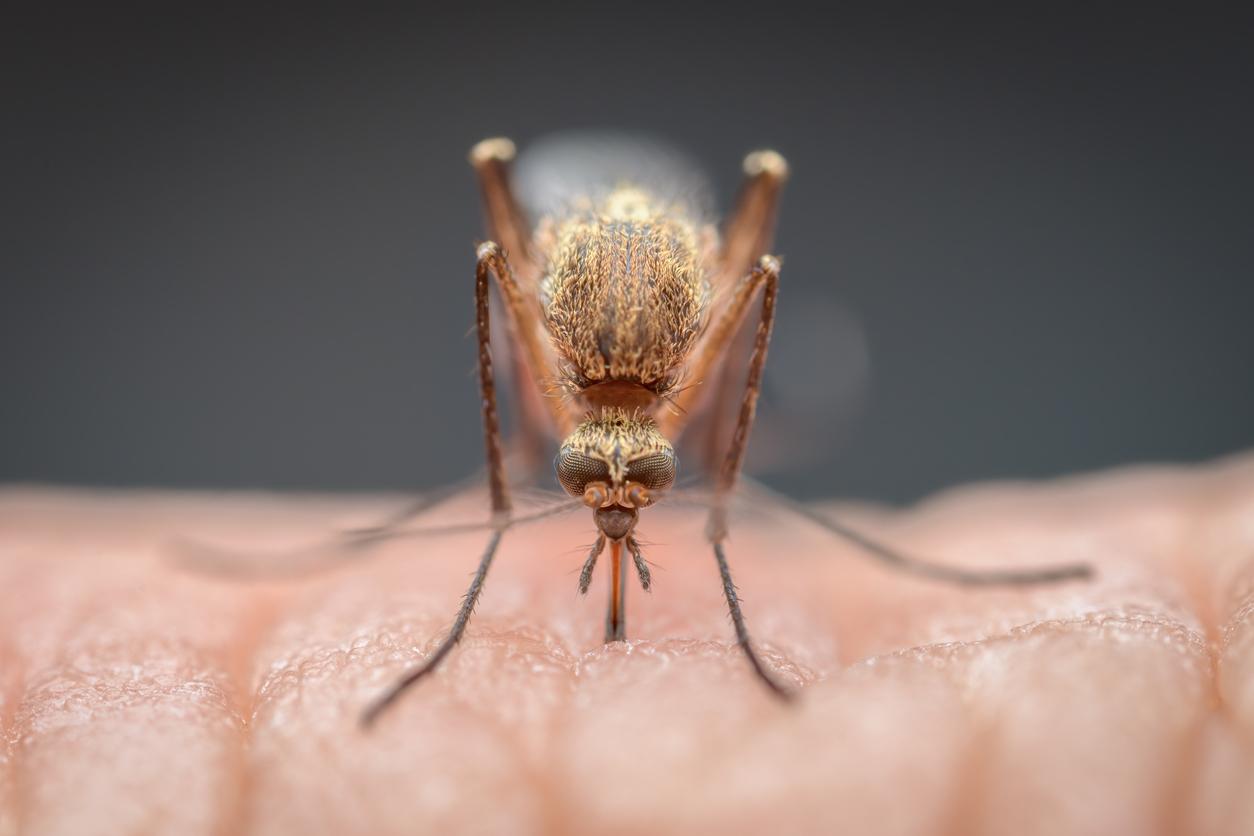Patients cured ofEbola could still pose a danger to those around them. Indeed, a new study published in the journal New England Journal of Medicine reveals that the Ebola virus remains in the semen of former patients affected by this infectious disease, nine months after their recovery. Therefore, relatives of former patients could run the risk of being infected with the virus. The study thus underlines the importance of medical follow-up to rule out this risk of new infections.
This publication comes at a time when the World Health Organization (WHO) has not identified any cases of infection for two weeks. If this census suggests that the epidemic is over, this new study raises fears about a possible resurgence of the virus. This concern is all the more serious as a 39-year-old British nurse was admitted to hospital after the Ebola virus reactivation.
In this new research, conducted by the Sierra Leone Ministry of Health, WHO and the US Centers for Disease Control and Prevention (CDC), 93 male volunteers in Sierra Leone over the age of 18 were recruited. They provided samples of their semen for two to ten months after their infection began. The results of the analyzes revealed the presence of the Ebola virus in 100% of the participants during the first three months. 26 out of 40 participants, whose sperm were tested between four and six months after their illness, tested positive for Ebola.
Seven to nine months after infection, the virus still remained in 26% of the volunteers (11 out of 43).
Survivors still exposed to the effects of the virus
“This study (…) reminds us that despite the fact that the number of Ebola cases continues to decrease, survivors and their families are still facing the effects of the disease”, concluded in a press release Bruce Aylward, responsible for of the Ebola response to the World Health Organization (WHO).
>> To read also: Ebola: the first week without new cases
Ebola: a study on the long-term effects of the virus

















